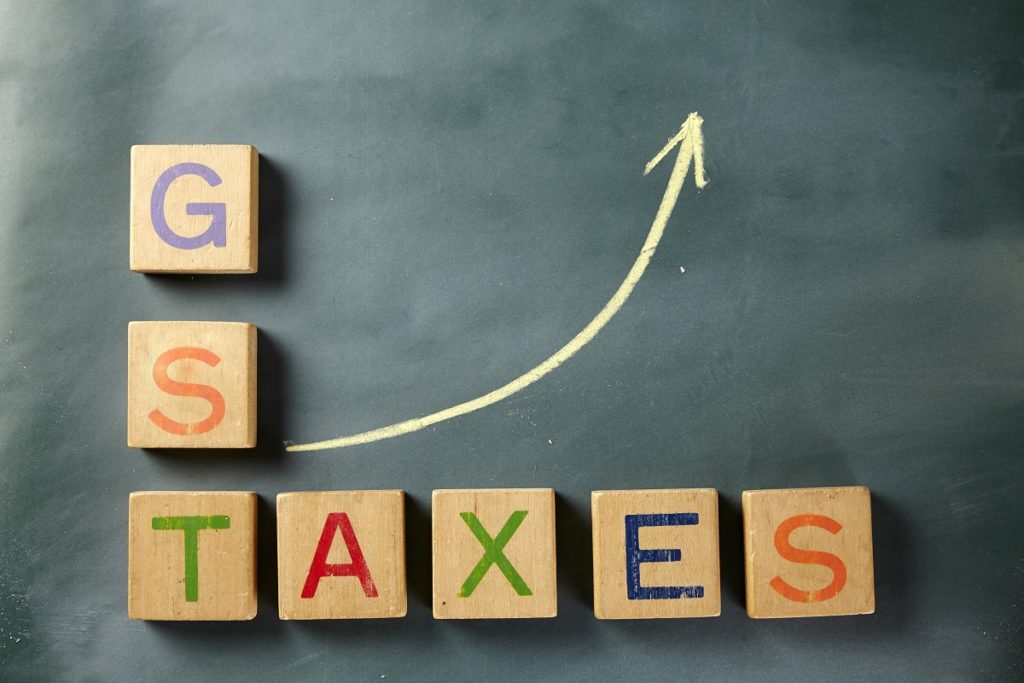Small scale industries which are also called as MSMEs (Micro, Small and Medium Enterprises) are defined, categorized and dealt by the Micro, Small & Medium Enterprises Development Act, 2006. This particular act categorizes different scale of industries on the basis of investment in plant & machinery in case of manufacturing industries and on the basis of investment in equipment in case of service sector industries.
 We know that small scale industries play a crucial role in the growth of the economy. This industry is mainly specialized in the production of consumer commodities. It is further evident from the fact that today we have around 3 million SMEs in India contributing almost 50% of the industrial output and 42% of India’s total export. [1] Small scale industries produce a lot of employment opportunities because of the manpower it uses for the production of goods. Unemployment is one of the major problems that India is facing. So, these industries increase the employment opportunities for both skilled and unskilled labourers. Therefore, it is quite certain that GST will affect this sector.
We know that small scale industries play a crucial role in the growth of the economy. This industry is mainly specialized in the production of consumer commodities. It is further evident from the fact that today we have around 3 million SMEs in India contributing almost 50% of the industrial output and 42% of India’s total export. [1] Small scale industries produce a lot of employment opportunities because of the manpower it uses for the production of goods. Unemployment is one of the major problems that India is facing. So, these industries increase the employment opportunities for both skilled and unskilled labourers. Therefore, it is quite certain that GST will affect this sector.
The present threshold prescribed in different State VAT Acts below which VAT is not applicable varies from State to State. The existing threshold of goods under State VAT is Rs. 5 lakhs for a majority of bigger States and a lower threshold for the North Eastern States and the Special Category States. A uniform State GST threshold across States is desirable and, therefore, the Empowered Committee has recommended that a threshold of gross annual turnover of Rs. 10 lakh both for goods and services for all the States and Union Territories may be adopted with adequate compensation for the States (particularly, the States in North-Eastern Region and the Special Category States) where lower threshold had prevailed in the VAT regime. Keeping in view the interest of small traders and small scale industries and to avoid dual control, the States considered that the threshold for Central GST for goods may be kept at Rs.1.5 crore and the threshold for services should also be appropriately high. This raising of the threshold will protect the interest of small traders.[2]
A Composition/Compounding Scheme will be an important feature of GST to protect the interests of small traders and small scale industries. The Composition/Compounding scheme for the purpose of GST should have an upper ceiling on gross annual turnover and a floor tax rate with respect to gross annual turnover. In particular, there will be a compounding cut-off at Rs. 50 lakhs of the gross 49 annual turnover and the floor rate of 0.5% across the States. The scheme would allow the option for GST registration for dealers with turnover below the compounding cut-off.[3]
Implementation of GST has both positive and negative effects on Small Scale Industries.
Positive impacts–
1). There is ease of starting business: A business having operations in various states needs VAT registration. As there are different tax rules in different states, this makes the entire procedure very complex and therefore high procedural fees are incurred. With GST, the procedure is uniform, there is uniform payment of fees and also there is a tax structure which is uniform in all states.
2) The Decrease in the tax burden on any new business: As per the current tax structure, businesses with a turnover of more than rupees 5 lakh need to pay a VAT registration fee. The government mulls the exemption limit under GST to twenty five lakh giving relief to over 60% of small dealers and traders.[4]
3) There is Improved logistics & also faster delivery of services: No entry tax will be levied for goods manufactured or sold in any part of India. As a consequence, delivery of goods at interstate points & toll check posts will be expedited.
4) No distinction between goods and services: There is no ambiguity between goods and services. This will reduce the complications in different legal proceedings related to packaged products. Therefore, there will no distinction between material & service component, which will decrease tax evasion greatly.
5) The other advantages of GST on small scale industries would be single/unified market a myriad of tax imposed by the Central and the State Government will be reduced, the manufacturer will get the benefit of input tax credits and the end user will have to pay only the tax charged by the last dealer or the retailer in the supply chain and there will higher exemptions on new business.
Negative impacts–
1) Reduction in duty threshold is one of the major concerns that has led them to be wary of GST. In the existing excise tax, no duty is paid by a manufacturer having a turnover of less than rupees 1.50 crores. GST has reduced the exemption limit.
2) GST regime does not differentiate between luxury goods and normal goods; this will make it difficult for the small scale industries to compete against large ones. GST that is ultimately charged on supply will not be available for input credit which will result in the rise in the cost of products for businesses that supply directly to end users.
Therefore, at the end, we can conclude by stating that there are mixed opinions about GST on small scale industries and sufficient passage of time will help us realise that what will actually be the impact of implementation of GST on small scale industries.
[1] Impact Analysis of GST on Small & Medium Enterprises, https://cleartax.in/s/impact-analysis-of-gst-on-small-medium-enterprises, last updated on June 10, 2017.
[2] http://www.empcom.gov.in/content/20_1_FAQ.aspx, last updated on November 23, 2017.
[3] id.
[4] GST Impact on Small and Medium Business, http://www.deskera.in/gst-impact-on-sme/, last accessed on November 23, 2017 at 6:00 p.m.
